How to Get Your Site to Be Mentioned More on ChatGPT Answers
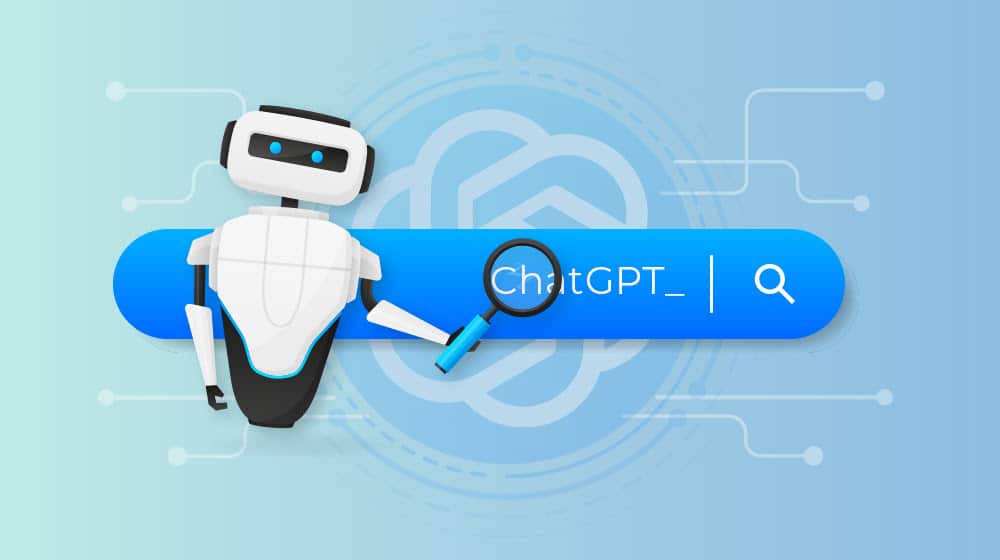
Millions of people are using ChatGPT, and among them, many are using it as a sort of replacement for Google for informational queries. It's a big part of why Google has scrambled to include its own AI overview in every query it can, and it's putting a lot of pressure on marketers, but not necessarily in the way you think.
The initial assumption is that people get their information from ChatGPT instead of from websites they find through search engines. This cuts the number of people visiting those websites, which hurts the sites in terms of revenue, puts suppressive pressure on the site owners, and is liable to kill many small sites that can't afford to adapt.
While this is certainly one truth, it's not the only truth.
In order to combat one of AI's biggest hurdles – the fact that there's no such thing as "fact" and that hallucinations can be presented with exactly as much confidence as truth – many AI systems are turning to live web results to back up their claims. The AI, instead of relying on trained data or silently scraping the web and presenting a stolen answer, is now more likely to cite its sources. At least, for people who are willing to use that particular version of ChatGPT.
This has actually led to something of a surge in traffic, primarily centered around what marketers are starting to call " faith-check clicks." Many people inherently don't trust AI, so they click through to the sources to validate the information presented to them.
While Google still dwarfs ChatGPT as a source of clicks and traffic, the AI is rapidly gaining ground, and we marketers are faced with the prospect of having to adapt to this new form of presentation and traffic.
It brings up a lot of questions.
- Is this traffic any good? Can it be monetized? Do the people clicking through have any intention to make a purchase?
- How long-lived will this traffic be? How stable is ChatGPT as a traffic source? Will any of the other AIs catch up in the same way, like Perplexity?
- Is there anything you need to do to be featured more in ChatGPT's answers?
A lot of these questions don't have ready answers. This is all novel technology that is rapidly evolving, with as much resistance as there is innovation and a lot of ethical, legal, and moral questions surrounding it. How it all shakes out is a mystery to everyone, but we're sure to see some solidification in the near future as budgets dry up, technological thresholds are reached, and court cases progress.
So, rather than try to theorize the direction of course cases or the winds of technological development, I'm going to focus where my expertise lies: on that last question. How can you get your site featured by ChatGPT more often?
ChatGPT, SEO, and AIO
The first thing to mention is the concept of AIO or Artificial Intelligence Optimization. It's basically exactly what we're talking about: finding ways to leverage SEO-style techniques for this new non-search-engine medium.
So, what are those techniques?
I have bad news for anyone hoping for some new strategy they can hop onto and get a leg up on the slower competition.
There's no secret trick.
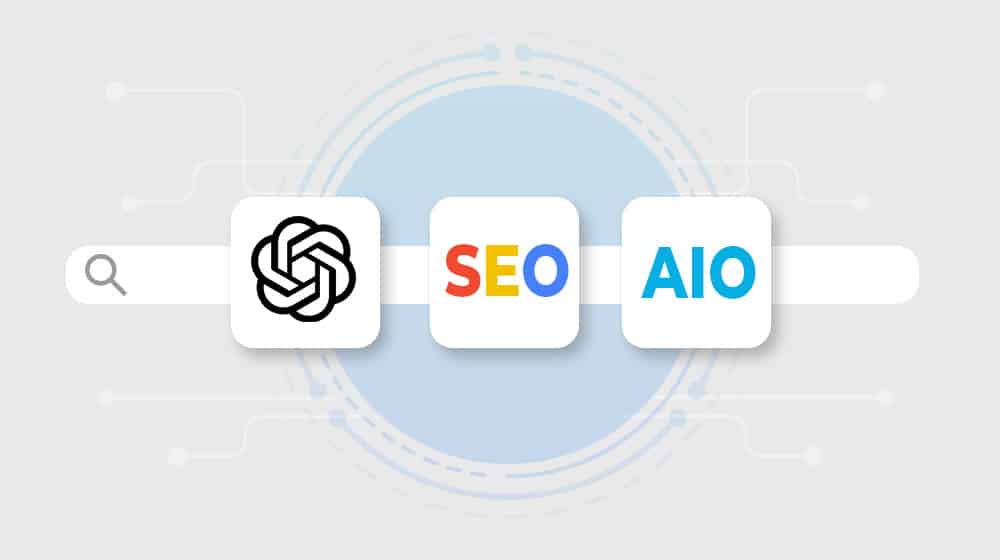
Devastating, right? It all comes down to two facts. The first is that the AIs have largely been bought up or formed partnerships with the major companies rather than trying to compete with them. Google has its own, OpenAI partnered with Microsoft, and a lot of the other AIs are just ChatGPT in a costume.
The second is that the AI companies did not get into this business to duplicate the work of the search engines. The LLMs hoover up immense amounts of data, but they don't bother trying to come up with a ranking algorithm the way something like Google does. There's no point. Why would they do that when they can just run their own back-end web search and use the results of the existing search engines?
The only real difference between traditional SEO and AIO as it stands today is one of focus and direction.
Focus and Direction in AI SEO
So, what do I mean?
By focus, I mean the types of queries most likely to be passed through ChatGPT versus the types of queries you'd see on Google. And by direction, I mean the direction away from Google.
I already mentioned this above, but OpenAI partnered up with Microsoft for ChatGPT. That means it's not using Google to do its web searching. It's using Bing. Since Microsoft is being very AI-friendly, a lot of the LLM systems use Bing for their scraping and information results.
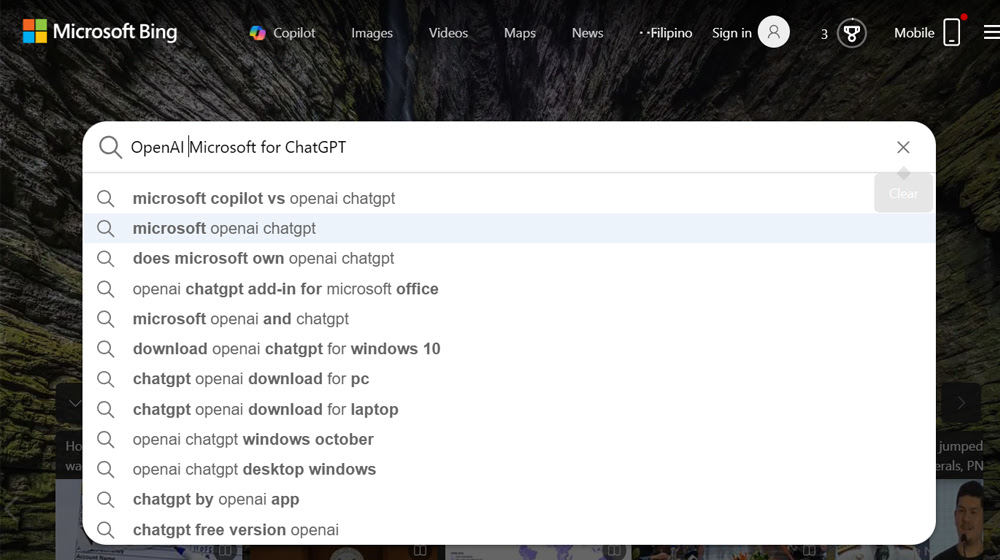
That means that your SEO (or AIO, if you want to think of it that way) efforts need to be directed primarily at Bing rather than at Google. This isn't something a lot of us are used to because Bing has such a comparatively small slice of the search market share.
More importantly, Bing has taken a lot of cues from Google, so much so that their results are often nearly identical, and pretty much everything that works for Google SEO will also work for Bing SEO and, consequently, AIO.
There are a handful of tangible differences in SEO between Bing and Google.
- Bing doesn't do mobile-first indexation, though mobile sites are still important.
- Bing doesn't have or care about Core Web Vitals, which are Google's invention.
- Bing doesn't have as good a time understanding JavaScript sites.
- Bing puts more emphasis on keywords in titles, title tags, and URLs.
- Bing weights Gov and Edu domains more heavily.
- Bing doesn't put quite as much weight on backlinks as Google.
- Bing much more heavily makes use of social media signals.
- Bing doesn't have as many different kinds of search result pages, like Google's enhanced results.
While that seems like quite a list of differences, not all of them are meaningful.
For example, Bing not being mobile-first doesn't really matter since modern responsive design is going to function fine either way. The lack of Core Web Vitals isn't a detriment because those are user-friendly optimizations anyway. Putting less emphasis on backlinks doesn't mean they aren't important, so you still want to build them. As for Gov and Edu domains, it's not that getting links from them is good; it's that being them is good. Unless you can run one, don't worry about it.
When you get right down to it, the main things you want to focus on for Bing SEO are:
- Making sure you have keywords in your URL slug and your meta title. You should already be doing this, but some people were cautious after John Mueller said putting keywords in URLs was bad. He was really talking about exact match domains, which are a different beast.
- Focusing heavily on building a social media following and getting social media engagement on your posts. This is, unfortunately, increasingly difficult as Twitter implodes, Facebook is taken over by weird AI slop and abandoned by real users, and few clear replacements have manifested.
- Focusing on the great kinds of content that rank on either search engine.
To that end, let's talk about the tangible techniques you can use to try to get your site featured more heavily in ChatGPT's answers.
How to Get Featured in ChatGPT's Answers
While focusing on Bing SEO is one part of this, there's a little more to the story.
1: Don't Neglect Keywords in Titles and URL Slugs
People who have been steeped in Google SEO for long enough tend to forget a little about the importance of keywords. I know I have, from time to time, and I have to go back and refocus on adding more.
I blame Google's semantic indexing. Google does a lot of elaborate textual understanding and building lexicons centered around concepts. So, when you write about a topic, they can automatically know a bunch of related keywords and long-tail variations that will be relevant, even if you don't explicitly use them in your text. It's very handy for niche searches, but it also means it's easy to forget that the main keywords are important for other reasons.
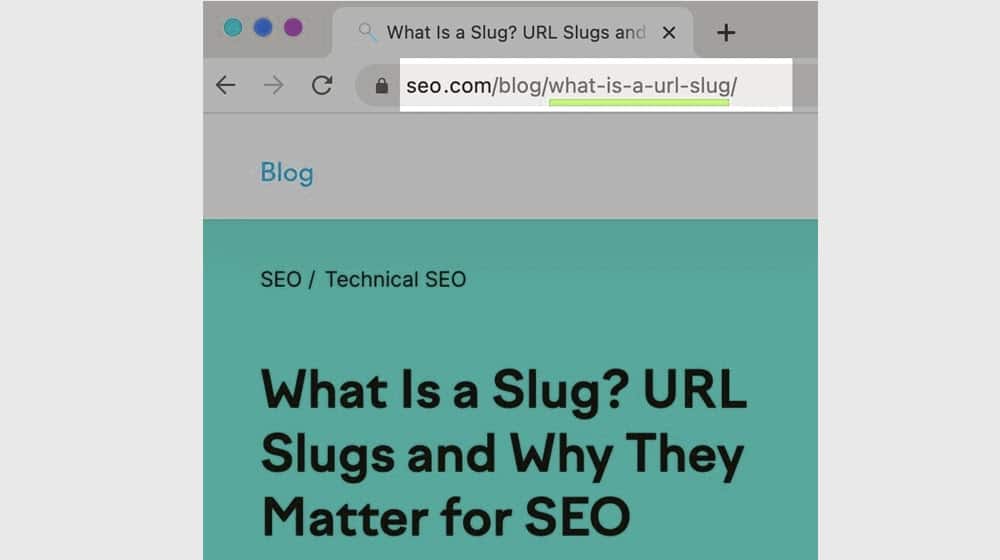
Bing really likes you to have your main keyword in your title, your meta title/description, and your URL, specifically in the slug. Fortunately, this is easy to do and won't actually hurt you in Google's eyes.
It's one thing to say that you should focus on social media, but how?
It's rough to recommend Twitter right now, with all of the political issues, the rampant bot issues, the extremely aggressive user base, and the rapid decline of more reasonable users. Sometimes, it really seems like Elon is doing everything in his power to tank the site.
Facebook is also difficult. It's still a huge site, but it's increasingly hard to get real traction on it. The younger user base is all but gone, and the density of garbage is so high it's hard to really exist on the platform.
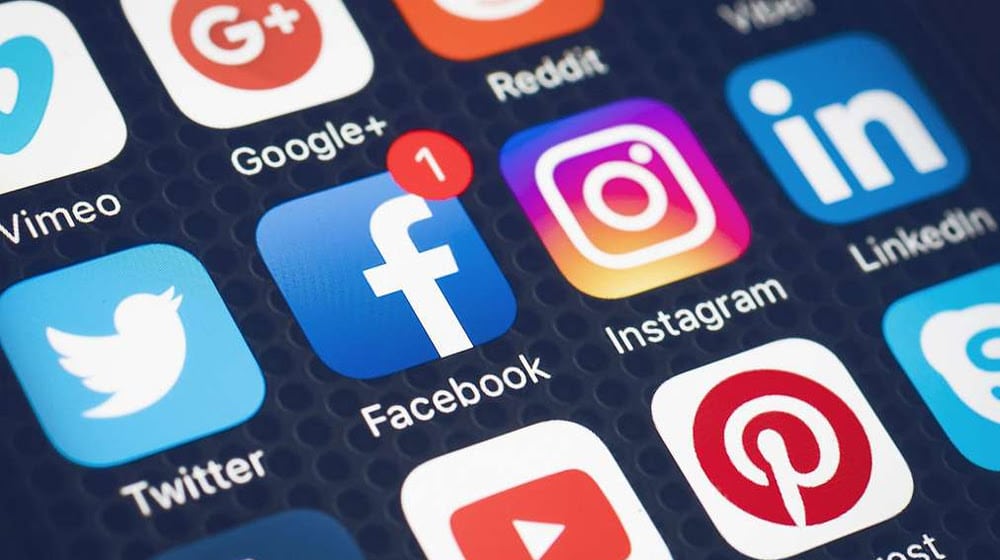
Both of these can still be used and might be worth trying, especially if you have accounts lingering with audiences that have stuck around.
Bluesky has emerged as one of the main competitors to Twitter to try to vie for the throne. It has a very different vibe and can be quite unforgiving, and it's unclear how much Bing and ChatGPT even look at it, but it might not hurt to give it a try.
For my buck right now, I'd put LinkedIn as the best social network to use, specifically if you're trying to hit Bing and ChatGPT. It's also a Microsoft joint, after all, so it makes sense that it ties in right. Going viral on LinkedIn could be very valuable for the ChatGPT angle.
3: Write Content that Targets ChatGPT Intent
I talk a lot about search intent, and ChatGPT also has its own kind of intent. From what I've seen, ChatGPT is largely used for informational intent and for commercial intent. That means people use it for broad, general, informational queries and then use it for things like product comparisons and recommendations. They don't as often use it for tutorial or DIY intent since that's where a much greater risk of hallucinations causing problems comes into play.
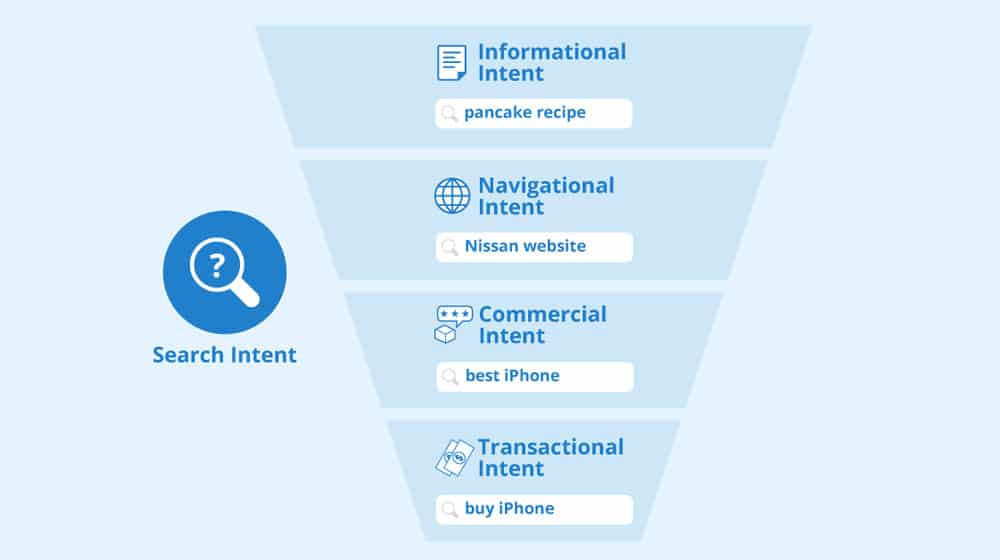
The content you write should target the kinds of things people are likely to ask ChatGPT. That might mean landing pages with rundowns of your product and comparisons of your product to competitors. It might also mean the more informational queries, though while those can bring in clicks, they might not have much value. A lot of testing still needs to happen to figure out where the value lies in all of this.
4: Network and Outreach to Get Placement in Top Lists
ChatGPT, I've noticed, loves to cite top lists. Listicles generally seem to be easy ways to hit the AI since the AI also loves to summarize things into lists, so if it can just steal an extant list, it will.
That doesn't necessarily mean producing your own top lists and listicles, though you certainly can. It also means reaching out to other sites, especially the biggest names, and trying to network your way into being featured in theirs. Whether you say, "Hey, I see you have a list of X; my product Y would fit great on it," or you pitch a guest post with your own list, the key is just to find something that works.
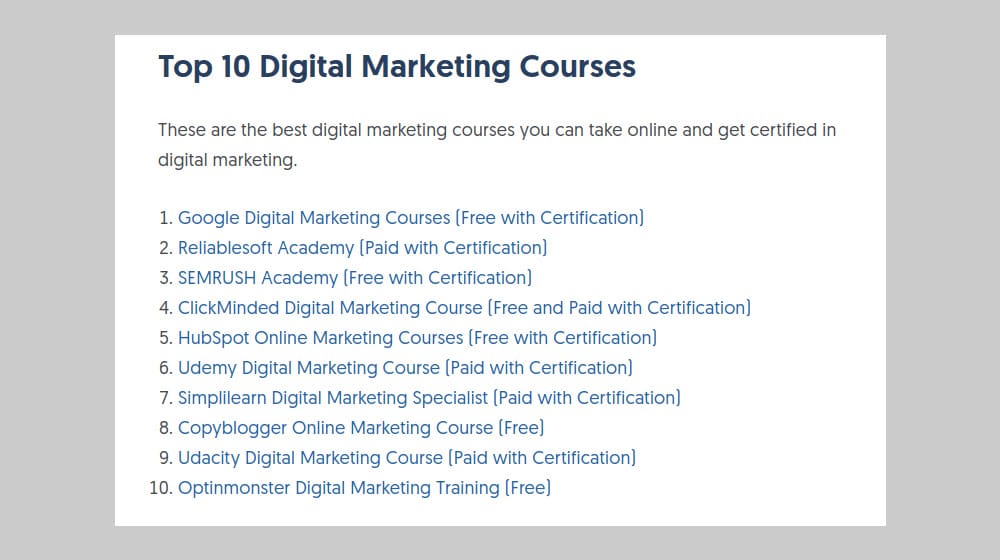
Be cautious about paying for guaranteed mentions or links. Doubly so if they're asking you to pay in Bitcoin, or they're based overseas, or otherwise might not be all that legit. I know the current US government is lax on a lot of things, but the FTC still takes unmentioned sponsorships pretty seriously, and although it's rare, you still don't want to be hit by $50,000-per-infraction fines if they choose to crack down.
Instead, I can recommend using something like my link-earning service. Not as much necessarily for the links – though those are still valuable for both Google and Bing – but for the mentions and citations. The people who we connect you with via my service are using your information to write sections of interviews or chunks of articles, and that's perfect for being picked up by the LLMs.
5: Spread Your Name and Reputation on Reddit
ChatGPT loves Reddit, which is probably why Reddit also loves ChatGPT. Most of the LLMs are pretty much constantly scraping Reddit for every byte they can, and that means if you find a way to mention yourself there in a relevant way, it can almost immediately feed back into being mentioned by ChatGPT answers.
Reddit can be unrelenting; different subreddits have strict rules and can purge all links, and some will just ban you from the sub if they think you're using it to advertise. Others don't care. It's also fairly easy to just use a non-branded account to advocate for yourself, as long as you're smart about it.
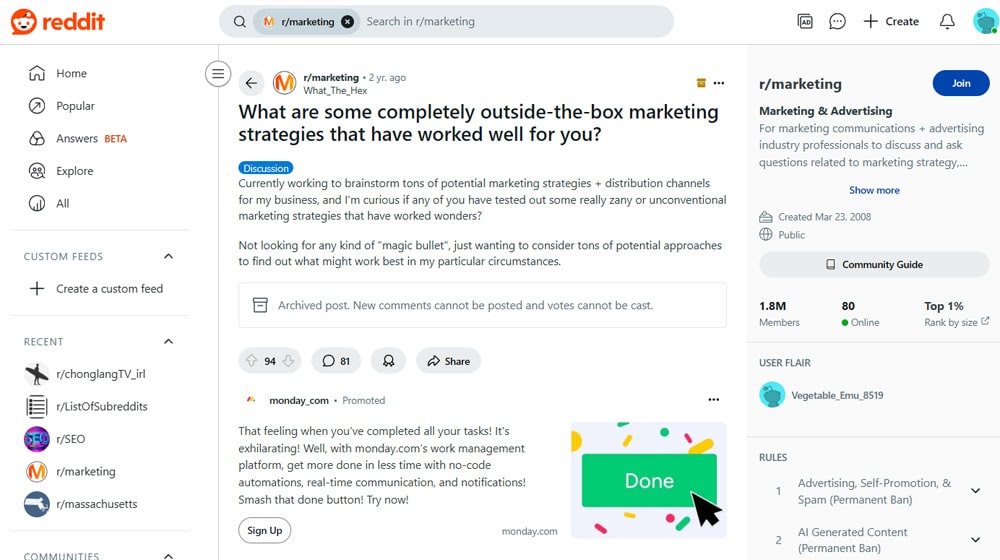
All in all, the list of things you need to do to get into ChatGPT's citations is pretty much identical to Bing SEO, which is itself largely identical to Google SEO. The emphasis might be a little different, but the work is largely the same, so it shouldn't be too much of a problem.
Will all of this change in the next three months? Who knows! If it does, I'll be right there to figure it out with the rest of you.






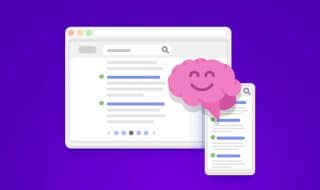



Comments